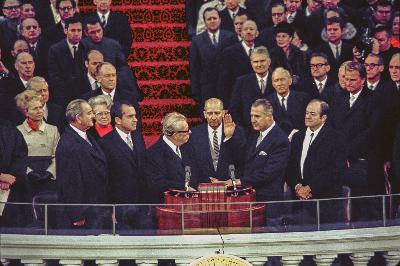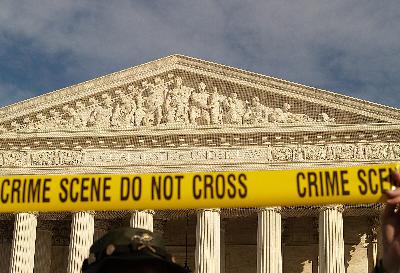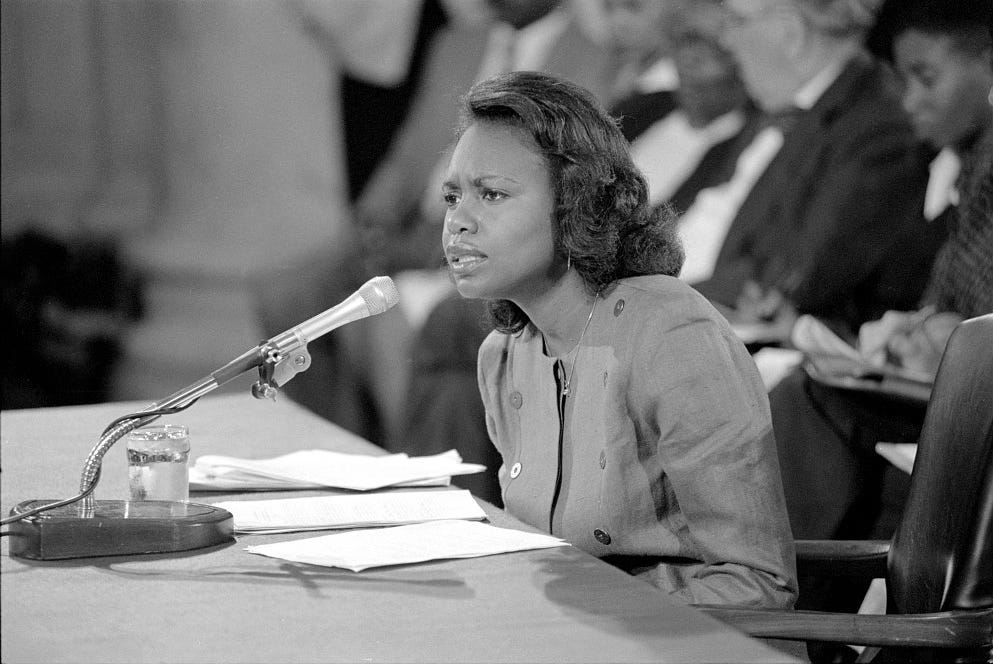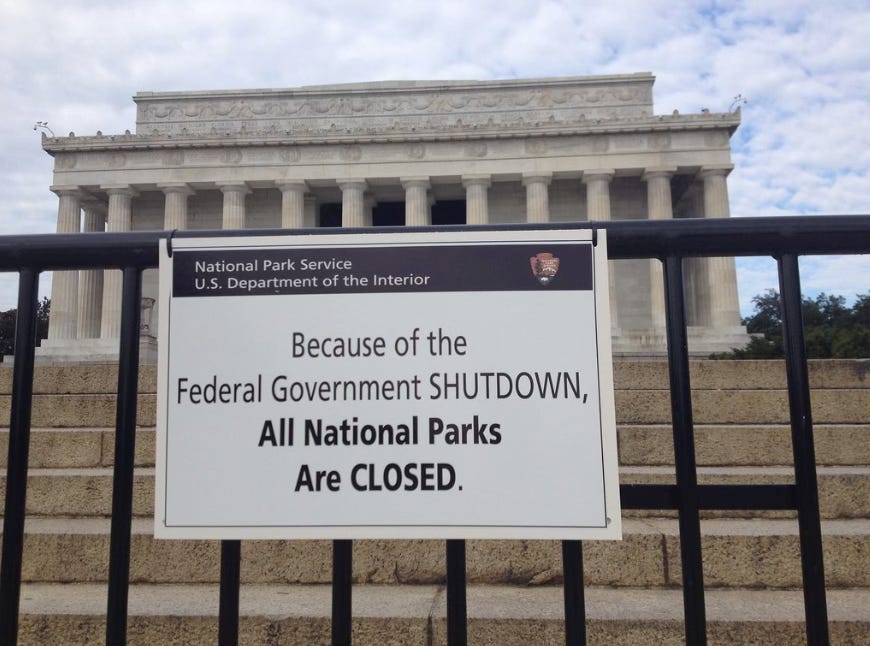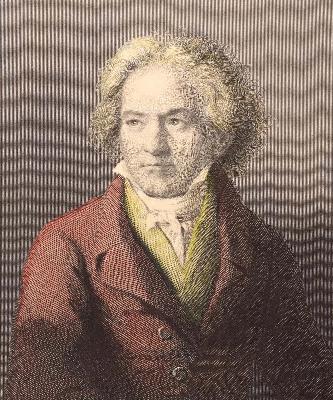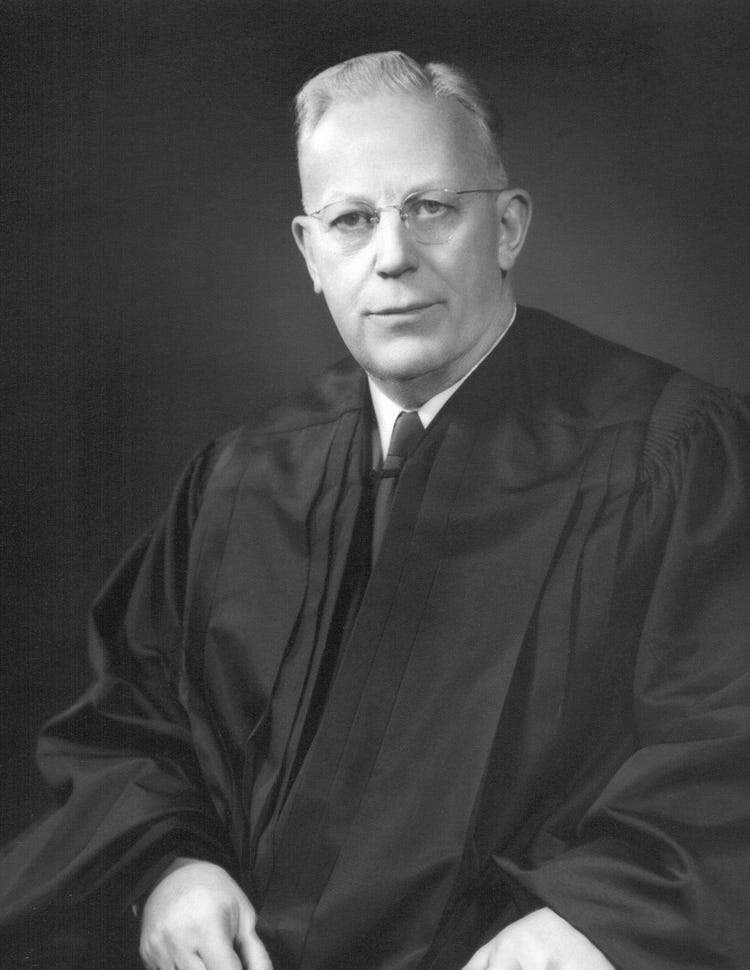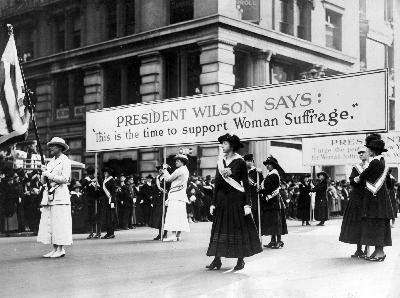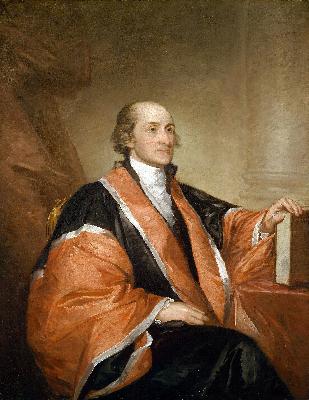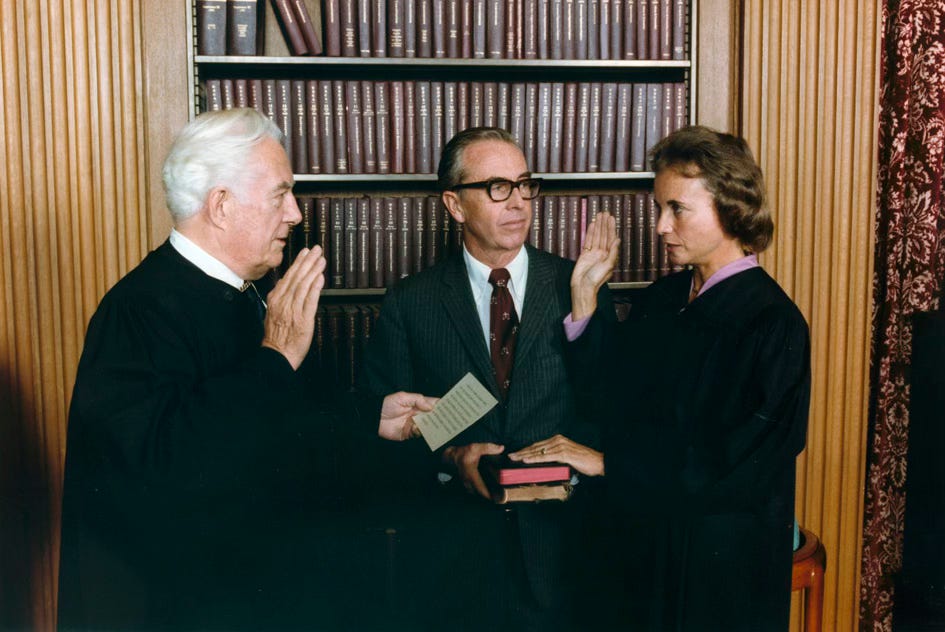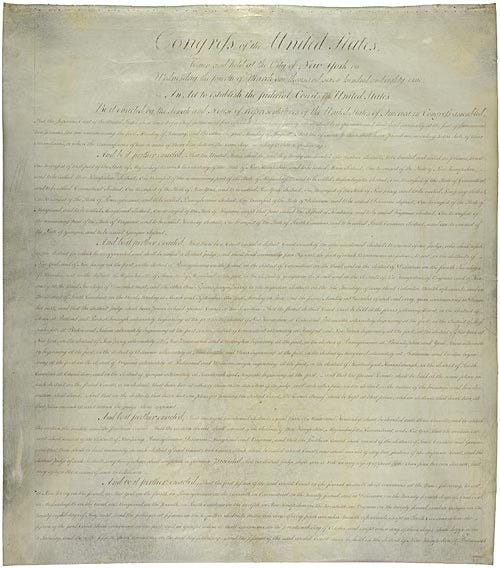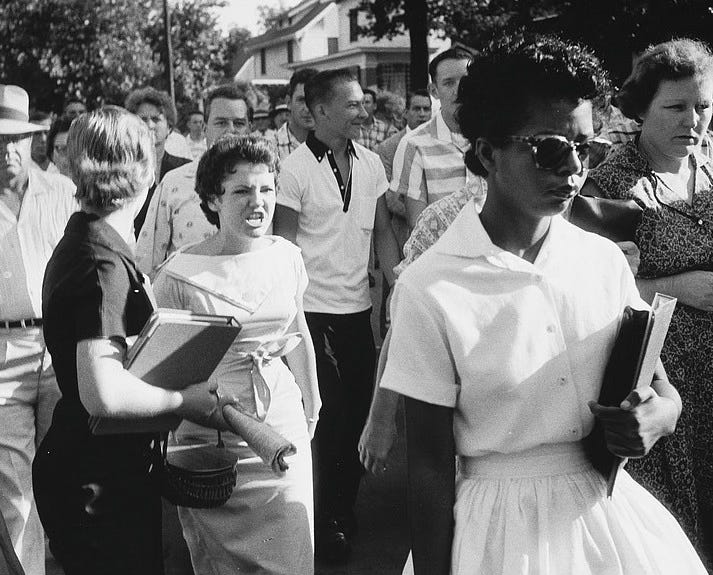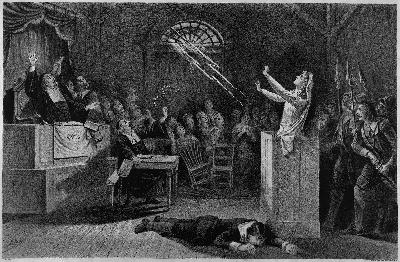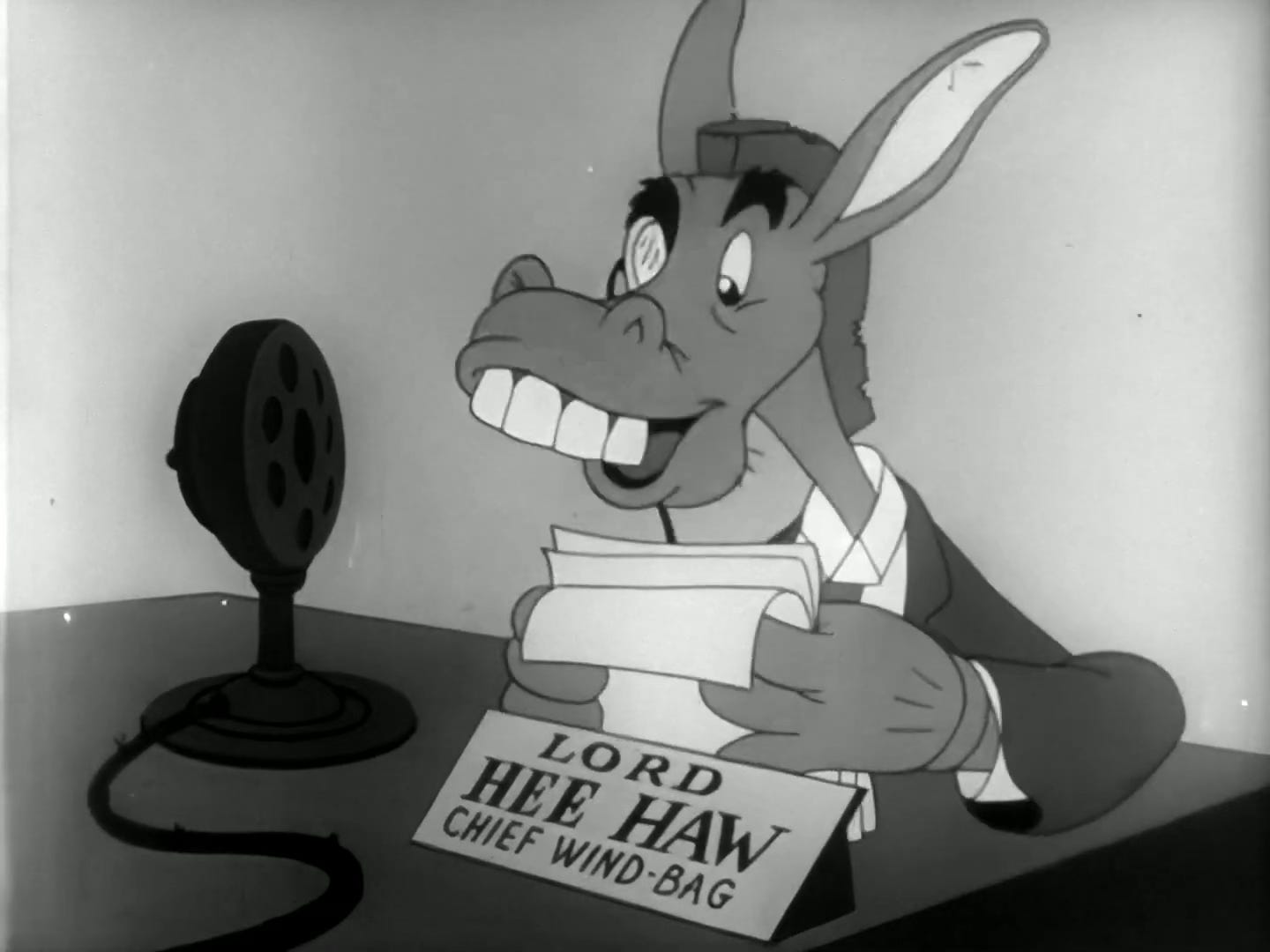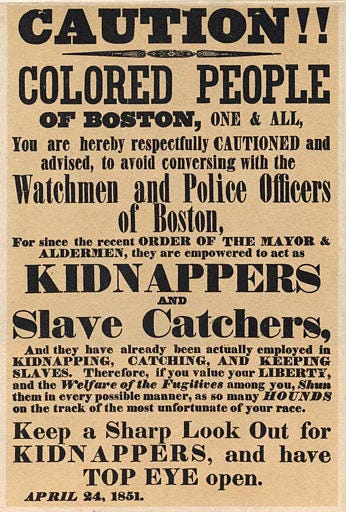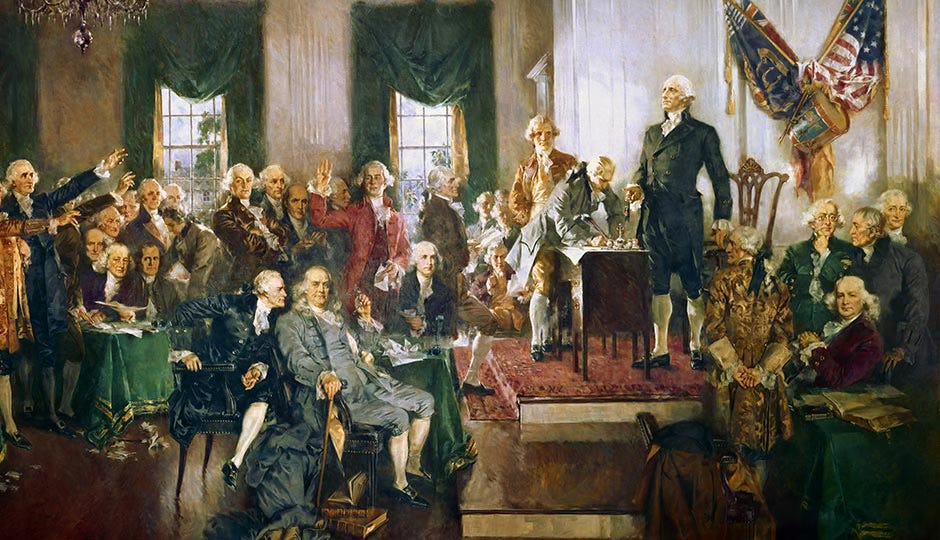Legal News for Weds 9/17 - KPMG Audits Fall Short, Tesla Crash Settlement, State Terrorism Charges Dropped in Mangione Case and Law Firms Suing Trump Despite Deals
Description
This Day in Legal History: Treaty of Fort Pitt
On September 17, 1778, the Treaty of Fort Pitt—also known as the Treaty of Fort Pitt or the Delaware Treaty—was signed between the newly independent United States and the Lenape (Delaware) Nation. It was the first formal treaty between the United States and a Native American tribe, signaling an alliance during the Revolutionary War against British forces. The treaty, negotiated at Fort Pitt (present-day Pittsburgh, Pennsylvania), promised military collaboration, mutual defense, and provisions for supplies and protection for the Lenape people. In a striking and largely symbolic provision, the treaty even entertained the idea of creating a 14th state within the Union to be governed by Native Americans.
Though the treaty framed the Lenape as equal partners, its promises were quickly eroded by reality. The United States failed to deliver many of the resources it pledged, and the idea of a Native-governed state was abandoned almost as soon as it was proposed. Lenape leaders had agreed to the treaty in part out of necessity, caught between colonial and British expansion and hoping to safeguard their people’s survival. Instead, they faced encroachment, displacement, and repeated betrayals.
Within a few years, American militias and settlers would violate the treaty’s terms, seizing land and disregarding Lenape sovereignty. The alliance never materialized in the way it was envisioned. The treaty, once a beacon of potential cooperation, became an early example of the fragility of Native-American treaties with the United States. It set a precedent for broken agreements that would recur throughout American expansion.
A Senate report released by Democrats on September 17, 2025, criticized KPMG LLP for failing to act on warning signs at Silicon Valley Bank, Signature Bank, and First Republic Bank prior to their 2023 collapses. The auditors issued clean reports just weeks before the banks failed due to rising interest rates and liquidity issues, yet they allegedly ignored key red flags such as massive asset devaluations, governance concerns, and internal risk assessments. Lawmakers said KPMG adopted an overly narrow view of its responsibilities and maintained close, long-term relationships with the banks, raising questions about its objectivity. The report highlighted a revolving door between KPMG and the banks, with executives and audit staff frequently moving between roles. KPMG defended its audits, saying it followed U.S. standards and criticized the report as out of step with other investigations, which have not blamed auditors for the failures.
Senator Richard Blumenthal called for substantial reform to the audit industry, citing “willful blindness” by KPMG and a failure to protect the public. Though the Senate subcommittee's report is unlikely to spur immediate regulatory changes—especially given the political instability at the PCAOB—it proposed new oversight tools, including mandatory auditor rotation and a whistleblower office. The report also recommended making audit enforcement investigations public sooner, arguing that long delays leave investors unaware of potential problems. KPMG, meanwhile, noted it had improved its audit practices and achieved its best regulatory inspection in 15 years.
KPMG Dismissed Red Flags at Regional Banks, Senate Review Finds
A New York state judge dismissed two terrorism-related charges against Luigi Mangione, who remains accused of second-degree murder in the killing of health insurance executive Brian Thompson. Justice Gregory Carro ruled that prosecutors failed to provide sufficient evidence that Mangione acted with the intent to intimidate health workers or influence government policy—criteria necessary for charges under the state's terrorism statute. While the judge acknowledged the seriousness of the crime, he clarified that not all non-traditional crimes qualify as terrorism.
Mangione, 27, still faces nine other charges in the state case, including multiple counts of criminal possession of a weapon and a charge for possessing false identification. He has also been indicted federally, where the U.S. Justice Department is seeking the death penalty. The state court’s decision does not impact the federal terrorism case, which remains active. Thompson, a former CEO at UnitedHealthcare, was shot outside a Midtown Manhattan hotel in December 2024 during a company event.
The case has drawn national attention, particularly as concerns grow over politically motivated violence following the recent killing of conservative activist Charlie Kirk. Public reaction to Mangione has been sharply divided, with some viewing him as a vigilante figure amid frustration with rising healthcare costs. Supporters even rallied outside the courthouse, holding signs and wearing themed attire. Mangione has pleaded not guilty to all charges, and no trial dates have been scheduled.
Luigi Mangione wins dismissal of terrorism counts in US insurance executive's killing | Reuters
Several major U.S. law firms that reached agreements with President Donald Trump earlier this year are now representing clients in lawsuits against his administration, despite concerns that the deals would deter such actions. At least four of the nine firms that made arrangements with the White House—Latham & Watkins, Willkie Farr & Gallagher, Skadden Arps, and Milbank—have since taken on cases involving challenges to Trump-era policies on immigration, transgender rights, tariffs, and environmental regulations.
The firms’ deals with the Trump administration, reached in March and April, came in response to executive orders targeting firms seen as opposing the president’s agenda or promoting diversity policies he opposed. As part of the agreements, the firms pledged nearly $1 billion in pro bono legal work for causes aligned with the administration. Critics feared the arrangements would chill dissent and limit the firms' independence, but court records show several firms continued to litigate against the government.
Legal experts suggest these firms are balancing risk with professional obligations, especially in high-profile cases involving long-standing clients or influential attorneys. For example, Latham represents Danish energy company Orsted in a lawsuit over a halted wind project, and Willkie is defending Virginia school districts in a transgender rights dispute. Milbank is involved in litigation over Trump’s tariff powers and sanctuary city policies, led by prominent attorneys Neal Katyal and Gurbir Grewal. Skadden has partnered with a nonprofit to represent an immigrant woman denied a special visa.
Four firms successfully challenged the legality of Trump’s executive orders in court, with rulings finding they violated First Amendment protections. The administration has appealed. Meanwhile, Reuters has reported that other top firms have reduced pro bono and diversity initiatives, cautious of possible political retaliation.
Some law firms that cut deals with Trump take cases opposing his administration | Reuters
Tesla has reached a confidential settlement with the family of Jovani Maldonado, a teenager killed in a 2019 crash involving a Tesla Model 3 operating on Autopilot. The case, which was set to go to trial next month in Alameda County, adds to a string of fatal crash lawsuits the company has quietly resolved to avoid jury trials. The Maldonados alleged that Tesla's driver-assistance system failed to detect slowing traffic and that the car struck their Ford Explorer at 70 mph, ejecting and killing 15-year-old Jovani. According to the lawsuit, the Tesla driver had no hands on the wheel at the time of impact, and the family claimed Tesla misled the public about the safety and capabilities of its Autopilot technology.
Although Tesla argued the technology worked as designed and blamed the driver, it continues to settle similar cases even after Elon Musk publicly stated in 2019 that he opposed settling “unjust” lawsuits. The company has also recently settled other high-profile fatal crash suits, including ones involving distracted drivers and cases with alcohol-related elements.
These legal battles come as Tesla faces mounting scrutiny over Autopilot and its marketing practices. The California DMV is pursuing an administrative complaint accusing Tesla of exaggerating its software's capabilities, with a ruling still pending. Tesla has three more fatal Autopilot crash trials scheduled in the next six months, including one in Houston involving injured police officers.
Tesla Settles Another Fatal Crash Suit Ahead of Jury Trial (1)
This is a public episode. If you'd like to discuss this with other subscribers or get access to bonus episodes, visit www.minimumcomp.com/subscribe


